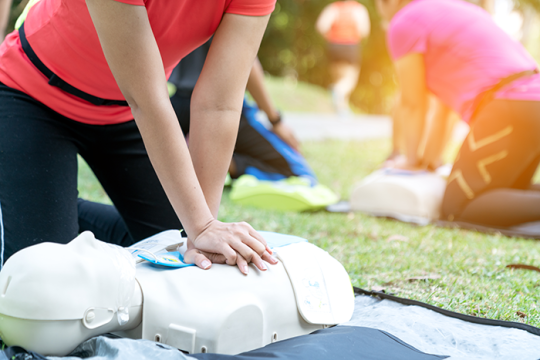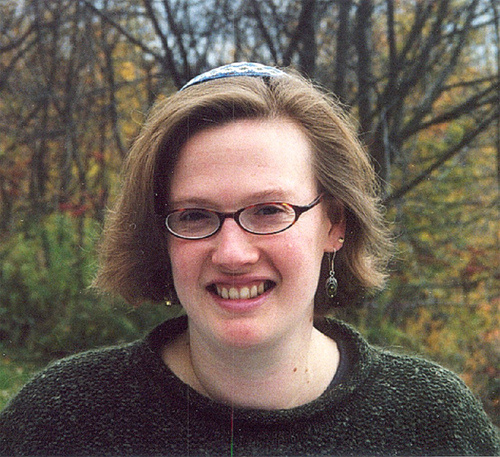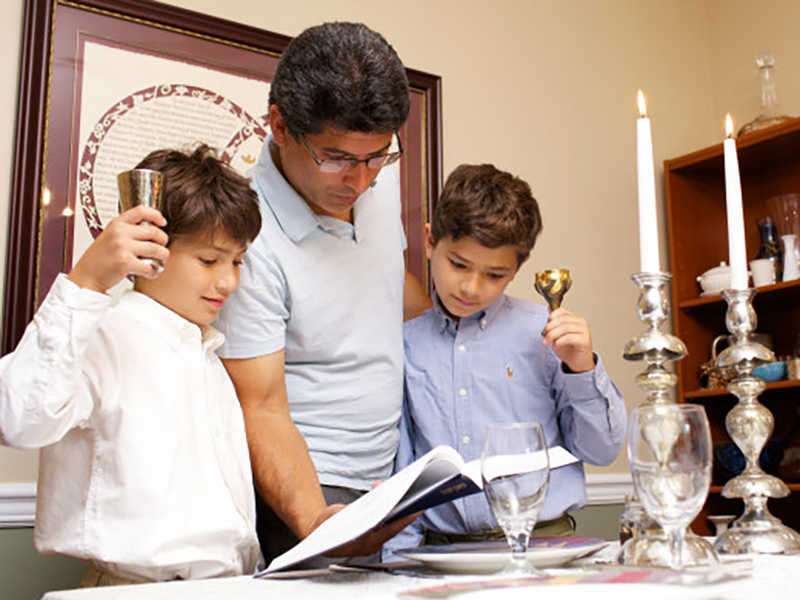
"Take a moment to settle in to being here," I say aloud. My eyes are closed, but I know there are three other people in the room this morning. I heard them walk in, each to their own place in the sanctuary, and I wait until the sounds of their arrival have ceased.
"Notice how you're sitting in your chair. In your own time, draw your attention from your toes up to the top of your head, and if you find places of tension, breathe into them and let the tension go."
"Now we'll move into a practice of following our breath as it comes and goes. When thoughts arise, as they inevitably do - memories of the past, anticipations of the future - just notice them, gently, and then let them go."
Like goldfish swimming away, I think.
"If you need something to focus on beyond your breathing, try this mantra. On the inhale: right here. On the exhale: right now. Right here, right now."
Hey, I can write about this, I think. I yank my mind back to right here, right now. Right here, right now.
At the midway point of our meditation, I'm planning to offer a teaching about the practice of t'shuvah (repentance) before new moon - looking back over the last month and letting go of the places where we missed the mark before the new month begins.
Since it's almost the new moon, the Hebrew month of Adar II starts right after Shabbat. Adar II means Purim. Hey, do all of our Purim schpiel actors have their scripts? OK, that was another stray thought. Letting it go. Right here, right now.
There was a sticker on the door from UPS. I wonder what's in the package? Right here, right now. Inhale, exhale. Maybe it was something for the family trip that's coming up. Right here, right now. The trip isn't happening yet. Stay in the moment.
My ear itches. Right here, right now. My arm is getting cold. Right here, right now. Is it time to offer that teaching yet?
The purpose of meditation, it comes to me, is not to still the mind. As though that were possible! I can't quiet my mind. It leaps and races and chatters and changes the subject constantly. The purpose of meditation, at least as I experience it, is to notice the chatter of the mind. To notice all of the thoughts and desires and smokescreens it places in front of me. Not so that I can make them go away, but so that I can be aware of them. That way, when they arise during the day, maybe I'll notice them then, too, and act out of a place of awareness instead of a place of blind reactivity.
Sometimes it feels almost unbearable to sit still and listen to the chatter of my mind. I want to distract myself, to think about happy occasions past or future, to get up and do something: check email, roll the Torah scroll for tomorrow morning's service, tidy my office, anything to give me a break from my own head. But I sit still, and let my thoughts race around me like puppies chasing each other. I cultivate compassion for the antics of my own mind, the lengths to which it will go to avoid just being in the present. Being in the Presence.
Meditation is like Shabbat, I think to myself. Sit still. Stop doing, and just be. This moment is all there is. Right here, right now.
Editor's note: This piece was originally published on March 13, 2014. It has been updated since then.
Related Posts

Sacred Spaces, Sacred Responsibility: Practical Lifesaving Steps

The Jewish Approach to the Male Loneliness Epidemic


